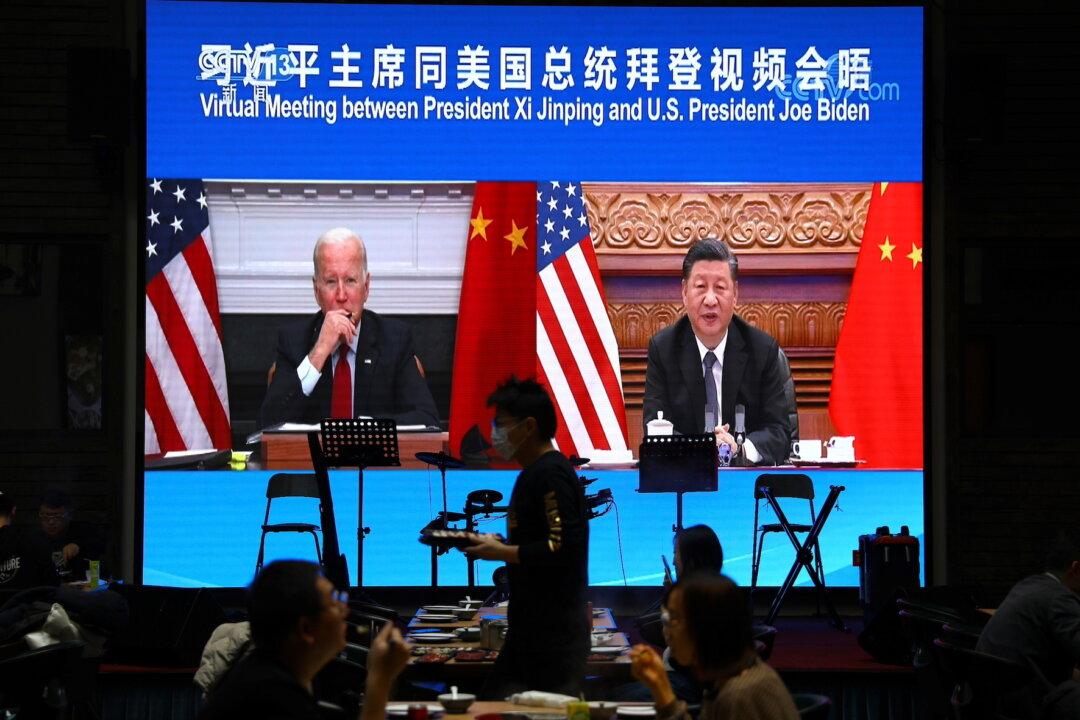President Joe Biden raised the need for talks about “strategic stability” during his first virtual summit with Chinese Communist Party leader Xi Jinping, according to the president’s national security adviser.
“The two leaders agreed that we would look to begin to carry forward discussions on strategic stability,” said White House national security adviser Jake Sullivan.




